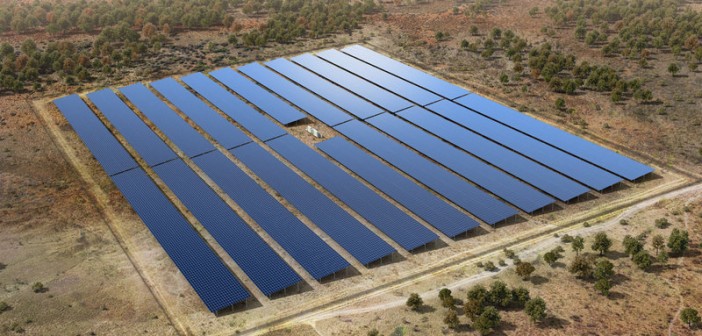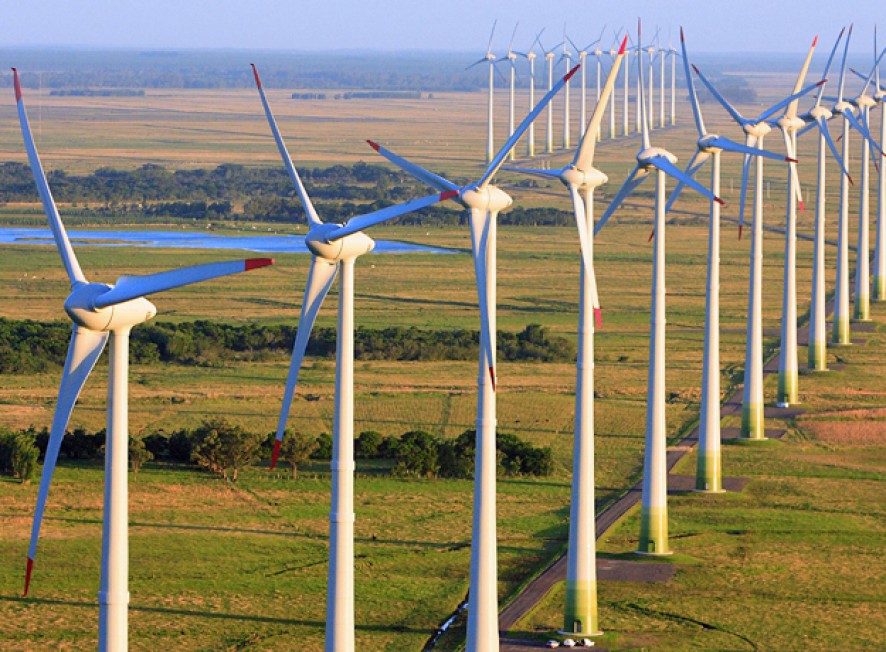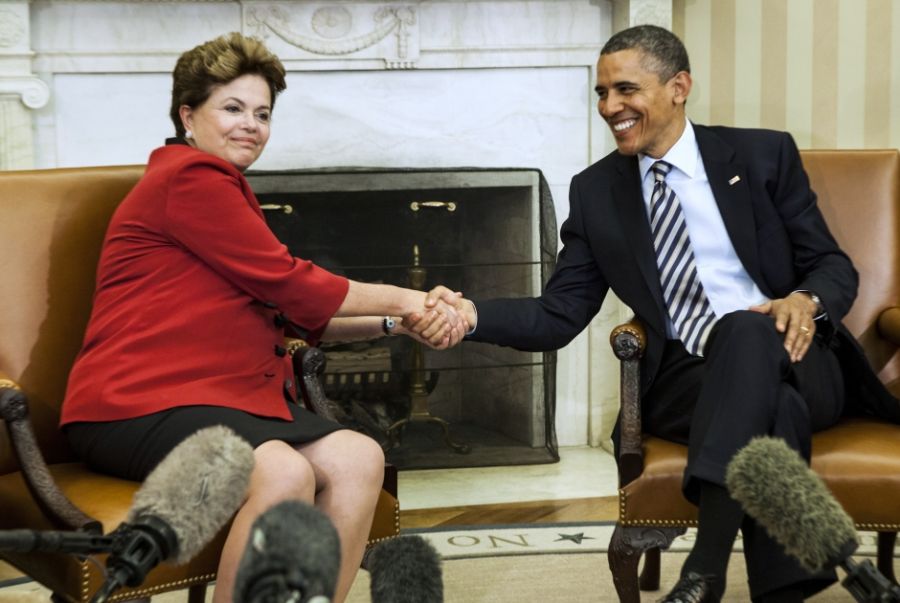Latin America is a region well-known for renewable energy, and Brazil is no exception. 88% of Brazil’s energy is generated from renewable sources, mostly from hydroelectric power. Now, Brazil’s government seek to strengthen their commitment to renewable energy by widening their sources of power. According to Bloomberg New Energy Finance, solar and wind power will soon play an increasingly important role in Brazil’s energy generation.
By 2040, it is estimated that of the $300bn of investment dedicated to electricity generation, 70% will go towards solar and wind projects. While hydroelectricity will still play a role, solar, wind, and biomass will become increasingly important.
Events in recent months have shown clearly that Brazil must diversify its energy matrix.
Droughts contributed to an energy crisis, and stressed the need for the country to not rely so heavily on hydroelectric power. By expanding its capacity to seek energy from other sources, Brazil’s energy infrastructure would be better equipped to deal with changing environmental conditions. Investment in wind power will reach $84bn, $26bn will go towards biomass, and hydroelectricity projects will receive $23bn. Over a third of the total funding – $125bn – will be allocated to solar power.
Recently, the BRIC countries have been strongly critical of the West’s slow progress in combating global warming. In order to show their commitment to combating climate change, Brazil reached an agreement with the United States. Both countries agreed to increase their share of renewable energy from non-hydro sources to 20% by 2030.
In a joint statement, President Obama, and President Rousseff of Brazil declared that the two countries would work together to overcome any potential obstacles. There are plans for further discussion at the UN World Climate Conference in Paris later this year. This shows the continuing trend of BRIC countries surpassing the West in terms of green energy. Brazil is already committed to expanding renewable energy further, could it now take the US with it? One thing is certain, at the UN World Climate Conference, it is the BRIC countries that will take centre stage.
If you like this article you may be interested in “More Efficient than the Sun: The Future of Sustainability Energy is Here”.







